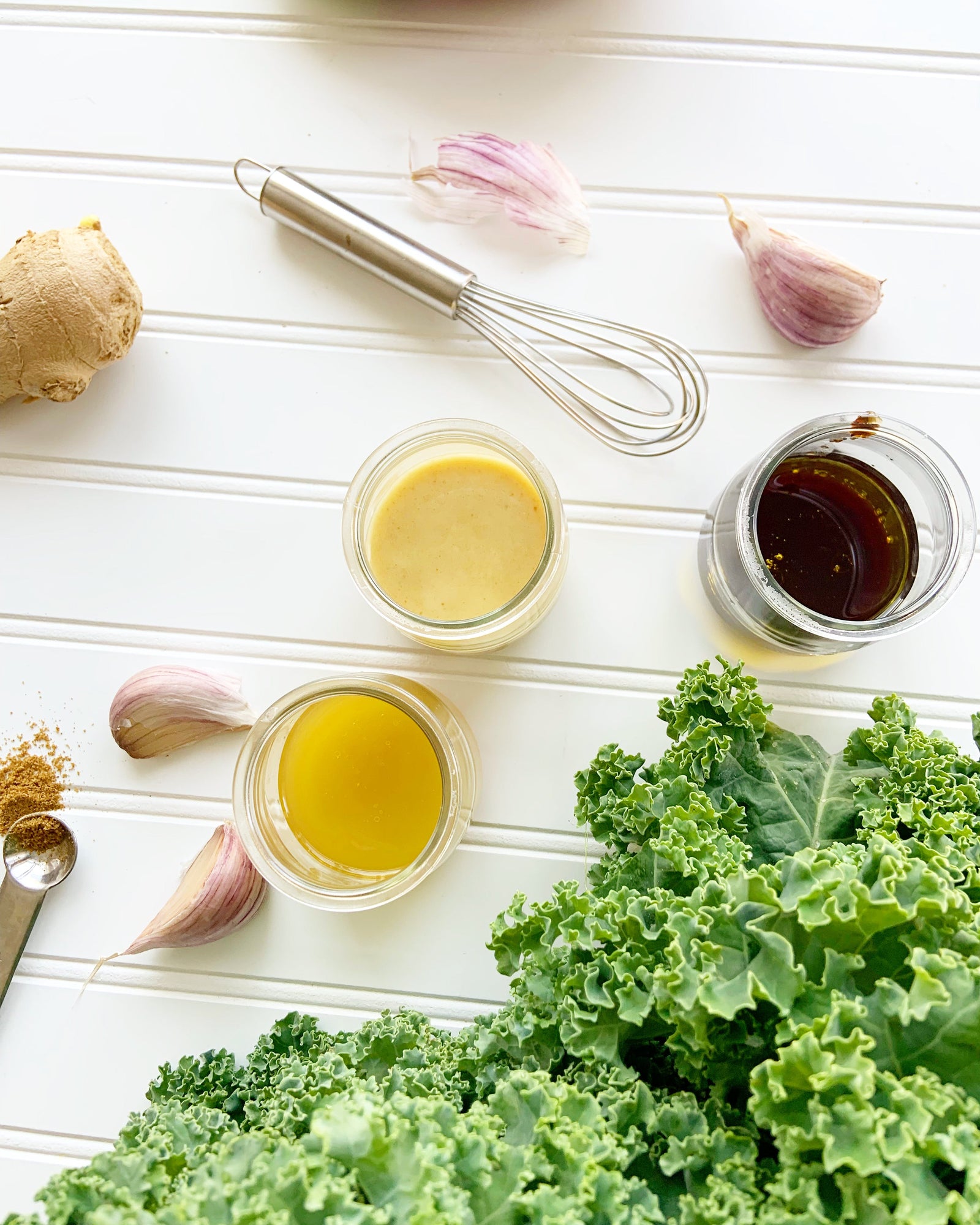Between the snow ball fights and sled rides, you don't want to miss out on fun this winter, so take a moment to discover what experts suggest are the best ways to not to get sick this winter. You could cross your fingers and hope you don't get sick this winter. (A great reminder to wash your hands often). Or, you could use these scientifically researched, healthy habits known to help boost your immune system.
Whether it’s at work or home (particularly if you have kids) your body encounters many viruses each day. Making sure one of those viruses doesn’t turn your nose into a mucus manufacturing plant can be as simple as keeping your immune system strong.
6 Ways to Avoid Getting a Cold, Naturally
Yes, you can avoid days of drippy noses and mucus-filled coughs if your body is home to a strong immune system. From eating chocolate to swallowing bacteria (probiotics) here are some scientifically-backed ways to boost your immune system and improve your chance of not getting sick this winter.
1. Eat Chocolate
It’s so exciting – eating chocolate can be a part of your plans to not get sick this winter! Who knew avoiding the common cold and flu could be so delicious?! Research studies have shown dark chocolate has the ability to boost the immune system, and reduce stress. Cocoa powder contains flavonoids, which have antioxidant and immunoregulatory properties. Pass a chunk of fair-trade dark chocolate over this way my friends. Yummy!
2. Probiotics
Probiotics are the friendly microbes that live in and on your body. Probiotics are one of the most fascinating areas of natural medicine these days because they appear to impact our health dramatically, from the immune system to our mood. In a 2016 scientific review, researchers reported probiotics’ have the potential to improve how the immune system responds to viruses that are trying to invade the nose and throat. That is a frequent route of infection by the common cold and flu. Did you know the average adults gets the common cold between 2 to 5 times per year? Data out of France suggests half a million sick days per year caused by cold-like illnesses could be prevented with generalize probiotic use.
This year, fight bugs with bugs. “Hiya!” Send in probiotics to the rescue! Perhaps you're imaging a little bacteria wearing a mask and cape, yielding some fancy karate moves. Well, put that little helpful bacteria to work in your body. In a review of clinical studies, researchers agreed that probiotics are better than placebo at reducing how often one gets sick with an upper respiratory tract infection (e.g. the common cold or flu). “POW! HIGH-YA! BOOM!…take that you nasty cold bugs.”
3. Eat More Greens
“Eat leafy greens,” you’ve been told by nutrition experts. Easily said, but sometimes hard to accomplish despite your best intentions. Leafy green vegetables are great supporters of our immune system. One of the easiest ways to get more leafy greens into your diet is to create a large salad, and then divide it into portions. Enjoy some salad with your dinner, meanwhile putting the rest of it into containers for lunch the next day. Don’t dress your salad - create a homemade salad dressing and store it in a mason jar to take with your lunch. use a small mason jar to create easy at home salad dressings for easy lunch box packing. Not a fan of lettuce? You can always hide greens in your smoothie: try fresh kale, frozen spinach, or even fresh green tea leaves.
If your diet isn't rich in vegetables and fruit, perhaps you want to consider taking a multivitamin. You probably already know about some great ways to boost your immune system naturally. Vitamin C is a vitamin most of us know help keep our immune systems in tip-top shape.
What about vitamin D? A 2017 McMaster University study found 78% of Canadians who thought they were getting enough vitamin D were not. That's no surprise since most of the Canadian winter is spent indoors, or outside covered up with toques and scarfs. If sunlight isn't a readily available source of vitamin D for you, there are supplements that contain vitamin D you can consider using.
4. Try Natural Medicines
The immune system is complex yet, at each twist and turn in its intricacy there are nutrients that support it. Vitamin C is probably the most well known such nutrient. According to Health Canada there are other natural health products with notable immune-supporting abilities: Astragulus membranaceus, bovine colostrum, Echinacea purpurea, Panax quinquefolius L., Pelargonium sidoides, Sambucus (elderberry extract) and zinc.
5. Sleep
The amount of sleep we get influences our innate immune system and may be tied to inflammation in the body. Time for some shut-eye! Sleep experts have found that when a person’s duration of sleep drops below 7 hours, a number of health issues can begin, including a lower immune response. There’s a sort of sweet spot: researchers suggest adults sleep for ideally 7 to 7 ½ hours of sleep. To promote optimal health and wellbeing, the American Academy of Sleep Medicine and the Sleep Research Society recommends adults (18 – 60 years old) need a minimum of 7 hours each night.
Simple changes in your sleep space can help you sleep better. Darken the room you sleep in. Adjust the temperature so it is cool. Use essential oils that elicit a calming effect. Install a fan to help eliminate noises that might disrupt your sleep, or install an app on a device that creates soothing, consistent noise, such as a waterfall. Avoid reading your phone or watching television in your sleep space - blue light from screens prior to bedtime can artificially fool your brain into thinking it is daytime.
6. Slurp Some Chicken Noodle Soup
When Grandma claimed that her chicken noodle soup could cure your cold she wasn’t lying. A study showed that chicken noodle soup (that contained vegetables) was helpful in the way it altered how the immune cells were moving in the upper respiratory tract (nose and throat). Cool! Slurp up some delicious soup.
Also in Blog

The Microbiome Diet: Gut Health, the Human Microbiome and Your Health
Your guide to the human microbiome, with insights into the Microbiome Diet, and whether it can improve your health, including indigestion.

Why Can't I Sleep: Your Guide to Better Sleep



